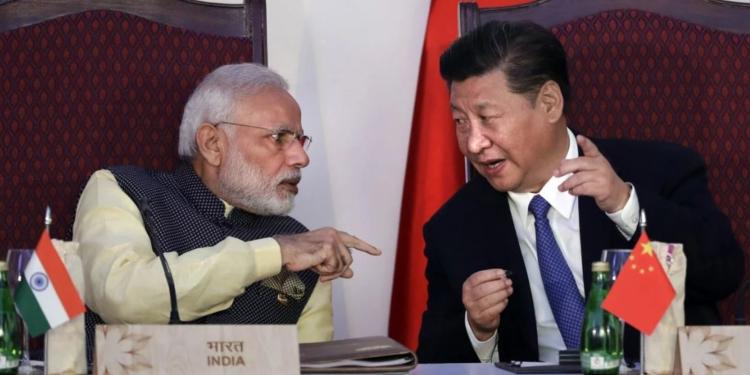China is the world’s largest emerging economy but it seems that the upcoming years are in favor of India. India is already the world’s fastest-growing major economy, a feat which India achieved by overtaking China. According to the Edelman Trust Barometer study report 2018, the public approval around the globe for India’s growth potential is 44 percent compared to 36 percent of China. The trust among foreign business houses and people helps domestic companies with their global expansion. If a company from India wants to acquire a foreign company or set up a branch, the public perception of the business environment of the country is important for a successful deal.
The perception about India is relatively better among the younger generations. Among the 8-34 years age group, the confidence in India’s business growth is highest with 50 percent approval rating. The approval declines as one move to older generations, for 35-54 age groups voting in 47 and for the people above this age approval in only 33 percent. This has a lot to do with the kind of experience corporate leaders and people have had in India. The previous generations experienced the corrupt socialist practices and what was termed as ‘Hindu rate of growth’ in India. But after economic liberalization started in the 1990s, the scenario changed. Under Vajpayee government, people and business leaders experienced much better and transparent business practices.
The situation started deteriorating once again under UPA era due to prevalent corruption, nepotism, and favoritism in Manmohan Singh’s (read Sonia Gandhi) government. But economic liberalization created a new aspirational middle class which was not ready to tolerate the corrupt practices of Congress. The neo-middle class which made fortunes by exploiting economic freedom unleashed after liberalization backed PM Modi. The Modi government came to power with full majority and worked hard in the last four and a half year to establish a rule-based capitalist economy. Under this new government, a person or corporate house’s closeness to the government does not alter the rules of regulations.
The sentiments of people about India improved significantly in the last few years. However, India still doesn’t have a ‘hero brand’ like Apple or Samsung which could single-handedly market the country’s economy around the globe. The report suggested that Indian companies need to engage themselves globally and create a better perception about their products. “To do so, Indian CEOs must elevate their company, brand, even their personal profile in the public discourse beyond more traditional business indices. There is a clear opportunity and need for India Inc. to grow its stature on the world stage,” read the report. The global consumer still lacks awareness about the products of India companies because the country still does not have a globally recognizable consumer product. The survey suggested few key areas improve sentiments around Indian business including investment in human resources and brands, targeted marketing among young and affluent consumers around the globe.
As the India economy grows in next decade some global brands will definitely come along the horizon. The economic growth of the country has overtaken China and manufacturing in the country is on the boom. India was famous around the world for its unique textile and metallurgy around the globe in ancient times, in upcoming decades some unique products and brands will definitely show up in the international arena.
























